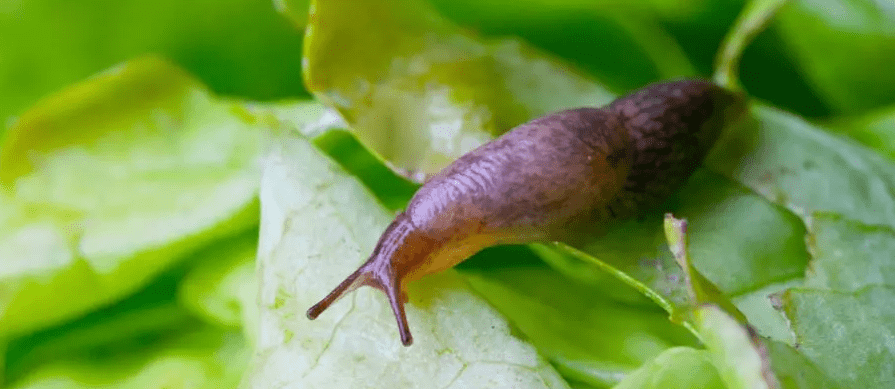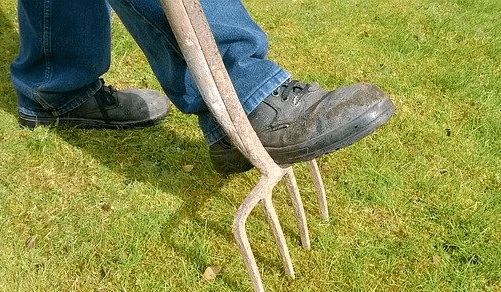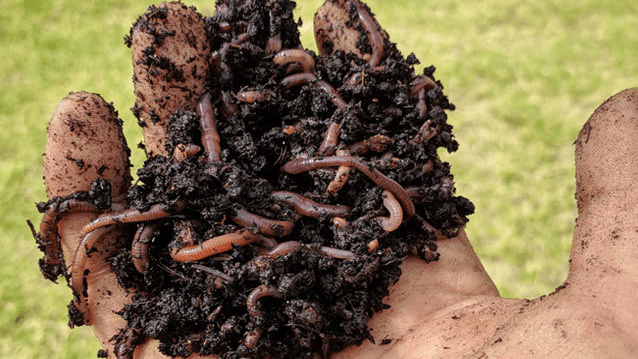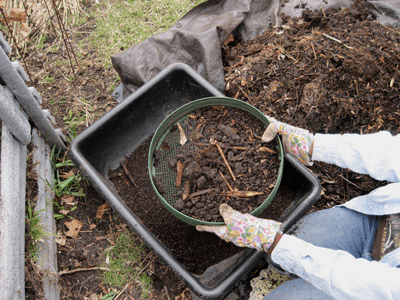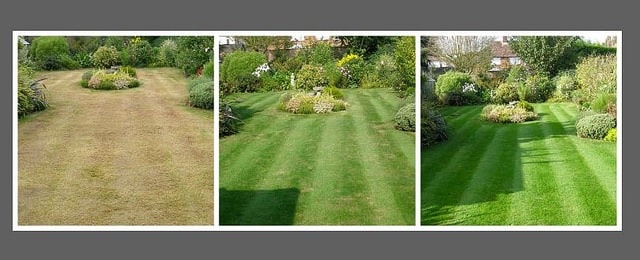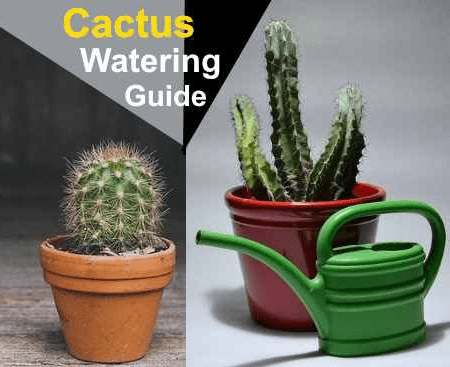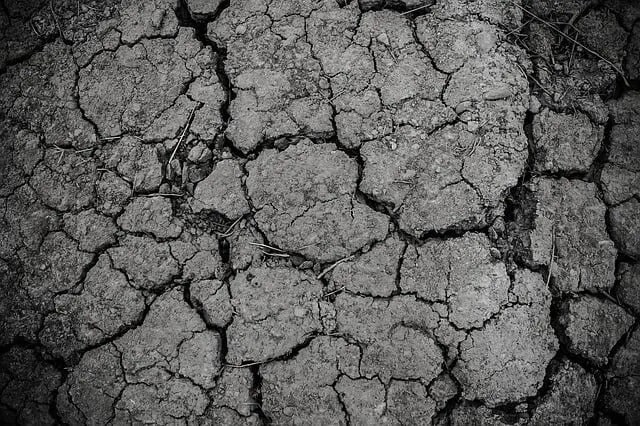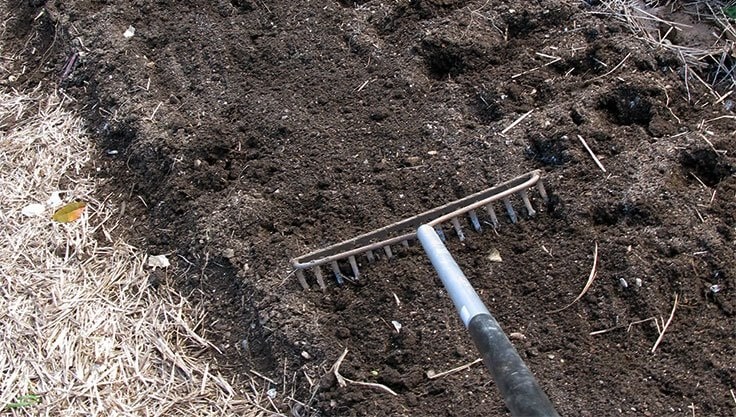Many people suffer from apiphobia (the fear of bees, hornets, wasps and other bumblebees) or are allergic to stings. Also, the presence of wasps in the garden or in the vegetable garden can worry some gardeners. In addition, these pollinating insects are known to be more aggressive in the summer when it is hot or stormy, which can also complicate gardening work. Fortunately, it is possible to repel these little beasts without using chemical-based pesticides. To do this, simply use effective natural remedies and plant the repellent plants that wasps fear the most.
Contents
1) Geranium
The fragrant pelargonium (or simply geranium) repels many insects and parasites. It is often used to repel mosquitoes when the weather is fine. Unfortunately, this plant also repels bees, which may hinder the pollination of garden plants. However, nothing prevents you from planting a few beds around the house or growing it in pots to be placed in the windows to prevent wasps and other undesirable insects from entering!
2) Thyme
Thyme is appreciated in cooking as well as to fight against coughs. However, it can also be used intelligently in the garden to keep wasps away. Not only can you plant it in a corner of the garden to keep them away, but you can also burn it in a saucer on the patio table (or even heat it directly on the barbecue). The fragrant smoke is sure to scare away those bugs and allow you to finish your outdoor meal in peace!
3) Basil

You were wondering what the kryptonite of these insects was? Of all the plants, basil is certainly the one whose smell puts off wasps the most. So don’t hesitate to plant some in your garden or near your terrace to keep wasps away. You can also simply keep a pot of it on the garden table to keep them away. You will be able to sit down to eat without fear of receiving an unexpected visit!
4) Garlic
Garlic is one of those plants that many insects dislike, and wasps are no exception. With its strong aroma, it keeps them away. Good to know: garlic is also a good natural remedy for wasp stings. Simply remove the stinger and apply a fresh garlic clove cut in half. Unbeatable!
5) Mint
Humans generally love the smell of mint, and they’re the only ones! From flies to mosquitoes to wasps to rodents, many animals hate its strong scent. So you can invite a few mint plants into your garden to keep them away. However, a wise gardener must choose the right place for these plants. Indeed, mint is an invasive plant that likes to spread, sometimes at the expense of its neighbors.
6) Eucalyptus
Eucalyptus is one of the plants that can repel wasps. You can also use its essential oil diluted on the skin to protect yourself from potential attacks.
7) Lemongrass
Lemongrass is well known for scaring away mosquitoes. However, these biting insects are not the only ones to hate this very aromatic plant. Flies fear it as well as wasps, which it discourages from approaching. Easy to grow indoors or outdoors, but also to apply on the skin as a diluted essential oil to protect oneself, it is very effective and versatile.
8) Wormwood

Wormwood has a very fragrant foliage with repellent, insecticidal and fungicidal properties. It is therefore very often used against many insects. There are for example wasps, but also flea beetles, cabbage maggots, aphids or even gastropods. Small recommendation: do not plant your wormwood near edible crops at the risk of slowing down their growth.
9) Cucumber
It seems that the bitterness and acidity of the peels of this food bother these insects. So you can plant some in the garden and keep some peels near you on the picnic table so you won’t be bothered.
10) Pitcher plant
Unlike the wasp repellent plants on this list, pitcher plant does not have repellent properties. However, it is included in this article primarily because it is a carnivorous plant known to be very fond of wasps and hornets. However, we would like to warn you that it can be difficult to maintain. Indeed, it does not appreciate tap water or filtered water and needs a lot of sun and heat to flourish. If you think you can take care of it, it will nevertheless be a valuable ally against invasive wasps!
If you spot a wasp nest, it is best to avoid touching it, as it represents a real danger. It is better to call a professional.


